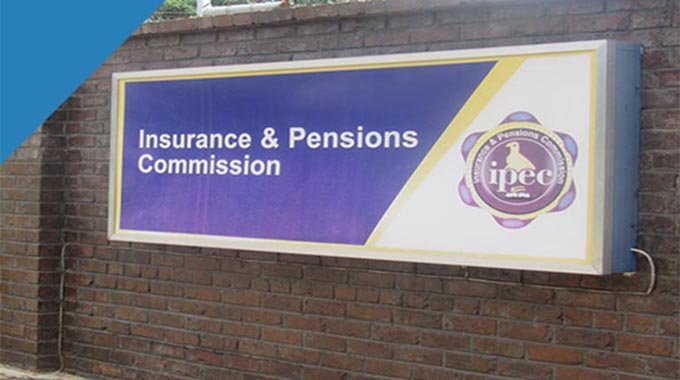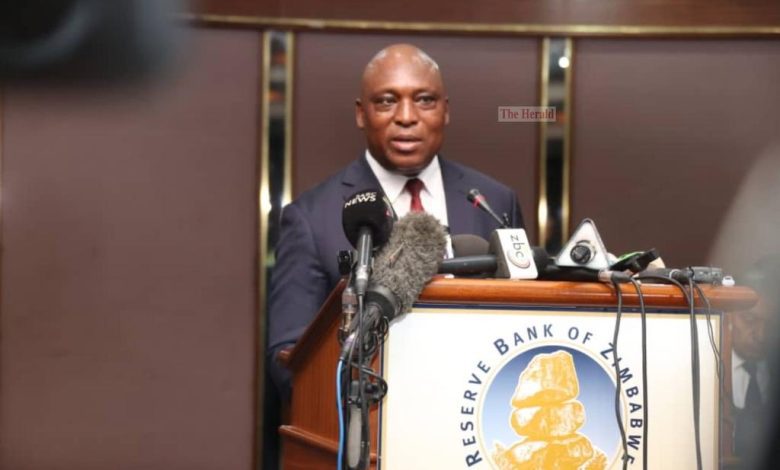President commits to modern, affordable
housing for all
ZIMBABWE is inching closer to meeting its 220 000 housing units by 2025 target with
synergies between Government and the private sector affording the nation modern,
decent and affordable housing in line with Vision 2030, to become an upper-middleclass economy.
Yesterday, President Mnangagwa launched the Fontaine Ridge Housing Project in Harare
West, a project that is being funded by FBC Bank and its building society, which is also
demonstrative of the centrality of the private sector in the country’s modernisation as
enunciated in the National Development Strategy 1 (NDS1).
Already, out of a target of 220 000 houses, 180 000 have been built with projects both
from the public and private sector taking shape in every part of the country, in
development that leaves no one and no place behind.
President Mnangagwa prepares to cut the ribbon during the commissioning of the FBC
Fontaine Ridge Housing Project in Kuwadzana, Harare yesterday
The thrust, President Mnangagwa said, is to build modern infrastructure that will
improve the livelihoods of Zimbabweans through the fulfilment of Vision 2030, to
become an upper middle-class economy.
“The Second Republic stands ready to collaborate with key stakeholders, including the
private sector, to make our country’s human settlements, inclusive, safe, resilient and
sustainable as a way towards improving the quality of life of our people.
“The sector is assured that my Government will facilitate investments in real estate
development as a critical enabler to ensure that our communities enjoy the security,
dignity and comfort that comes with affordable home ownership,’’ the President said in
his address to guests at the launch ceremony.
Fontaine Ridge housing project has 858 housing units. Of those, 267 units have been
completed and 150 are now occupied.
President Mnangagwa said the Fontaine Ridge project and other similar projects that the
bank is undertaking across the country in areas like Zvishavane, Hwange and Bulawayo,
will close the national housing gap.
“Under my administration, ownership as well as access to modern and affordable
housing remain key priority areas in our national development matrix and quest to
improve the standard of living of our people. My Government is, thus, determined to
create an enabling environment to give impetus to the accelerated development of
housing, water, sanitation, modern road networks and other social amenities across the
country.”
The President said other realtors should partner with responsible ministries,
departments and agencies of Government, taking advantage of the various opportunities
that are being availed in the Second Republic’s quest to roll out affordable and quality
housing solutions for the citizenry.
“Leveraging on innovations and contemporary solutions, I further challenge the public
and private sector to scale up collaborations towards establishing vibrant, renewed and
integrated systems that facilitate the speedy implementation of housing development
projects.
President commissions FBC houses
“The Ministry of National Housing and Social Amenities has a target to deliver on the
housing sector targets set in the National Development Strategy, the achievement of
which will be realised through partnerships.”
In February, President Mnangagwa commissioned the Aspindale Housing Project in the
capital, which typifies progress that can be made in public-private-partnerships.
“The success of this Fontaine Ridge Housing Project and other housing schemes across
our towns and cities attests to the bank’s vast experience as well as efficacy of multistakeholder collaboration.
“I challenge FBC Building Society and the Ministry of National Housing and Social
Amenities to leverage such a track record to expand their service and product portfolios
through conceptualising and developing targeted-customised housing solutions,” he
said.
President Mnangagwa in one of the commissioned houses
“In doing so, housing developments, particularly for Zimbabweans in the diaspora,
farmers, civil servants, small-scale and medium enterprises as well artisanal miners,
among other prospective clients, must be expanded.”
The President added that in the construction of houses, players in the real estate sector
must always adhere to principles of good governance, transparency and accountability to
enhance credibility of the sector and increased participation of home seekers.
“Under the philosophy, ‘Nyika inovakwa nevene vayo/Ilizwe lakhiwa ngabaninilo’, we all
have the obligation to play a part in building our great motherland, Zimbabwe. Riding on
the opportunities created by the Second Republic, our people must occupy all socio- economic sectors for the common good of our country.
Vice President Constantino Chiwenga
“The built environment is a product, creation and construct of our own purpose and
interaction. It is an expression of our rich heritage, value consensus, collective
aspirations as well as our advancement. Hence, individually and collectively, we must
continue taking up the responsibility to clean and beautify our homes, work and
recreational spaces.”
The President also challenged land developers to integrate climate change adaptation
and resilience in present and future construction works, and embrace the National
Beautification Programme.
“Creativity in the sector must contribute to the quality and ambiance of our surroundings as well as that of our country as a whole.
Cde Kembo Mohadi
“Over and above this, the re-alignment of service provision standards such as the
servicing of land before any housing development, must continue to be prioritised. Laws
and statutes governing rural and urban spatial planning as well as development control
must beupheld all the time.”
Yesterday’s event was attended by Vice-President Constantino Chiwenga, Zanu-PF VicePresident Kembo Mohadi, Zanu-PF Chairman and Minister of Defence and War Veterans
Affairs Oppah Muchinguri-Kashiri, Minister of Housing and Social Amenities Daniel
Garwe, senior Government officials and Zanu-PF supporters.
According to the latest figures from the Zimbabwe National Statistics Agency, 83 percent
of Zimbabweans have access to modern houses, with 66 percent accessing electricity,
while 87 percent have access to ICTs.-The Chronicle











